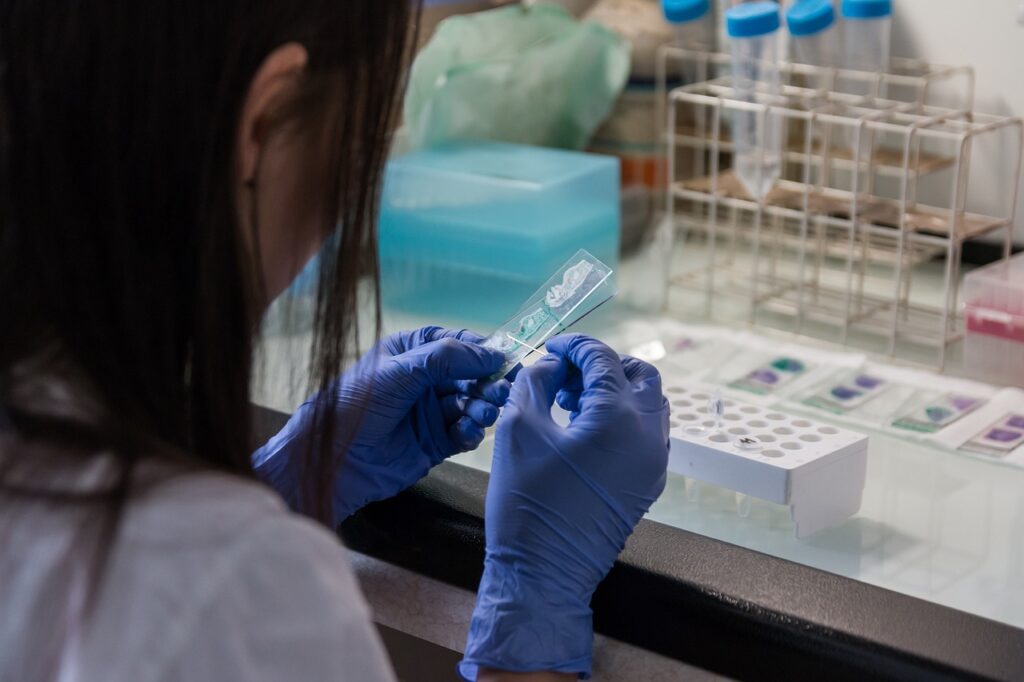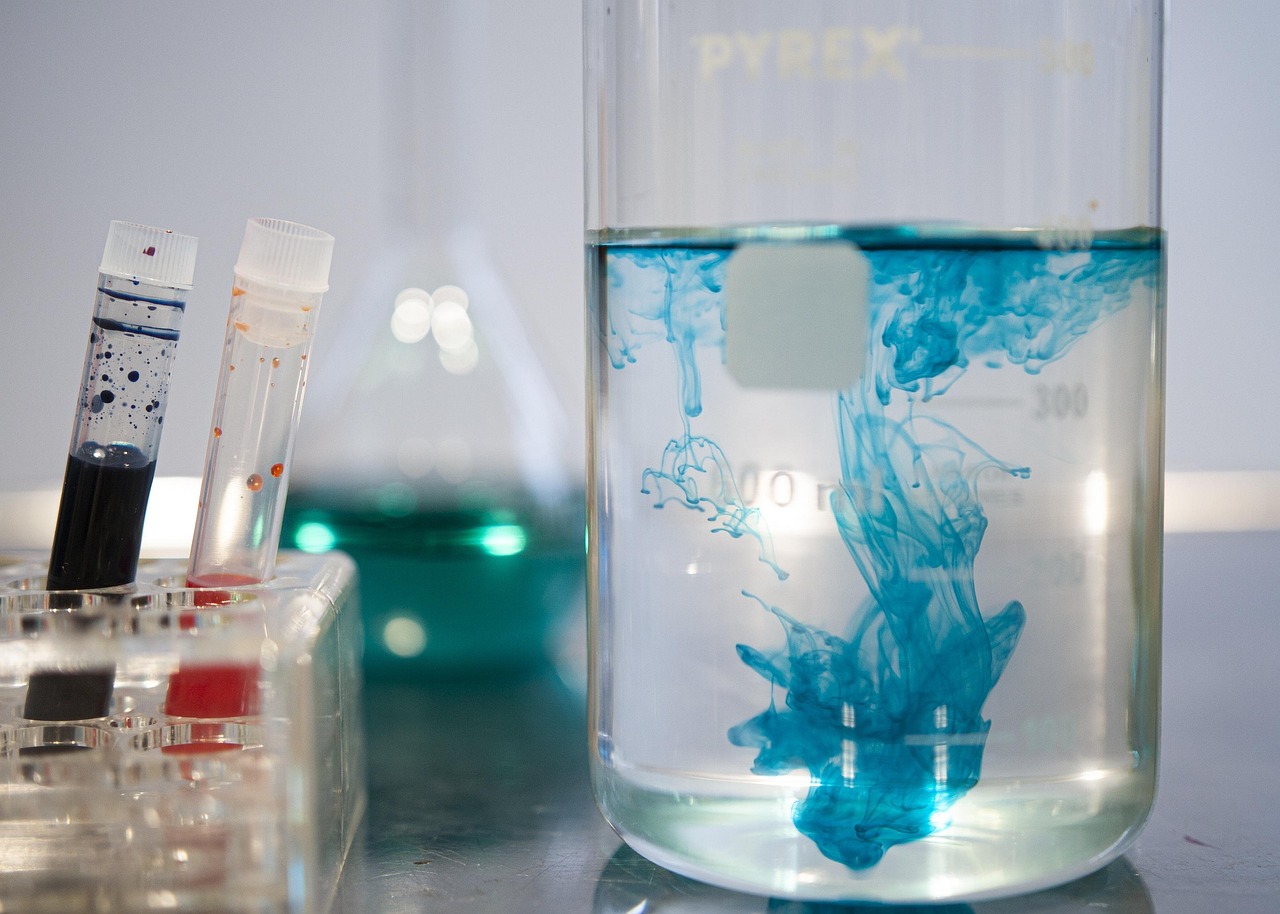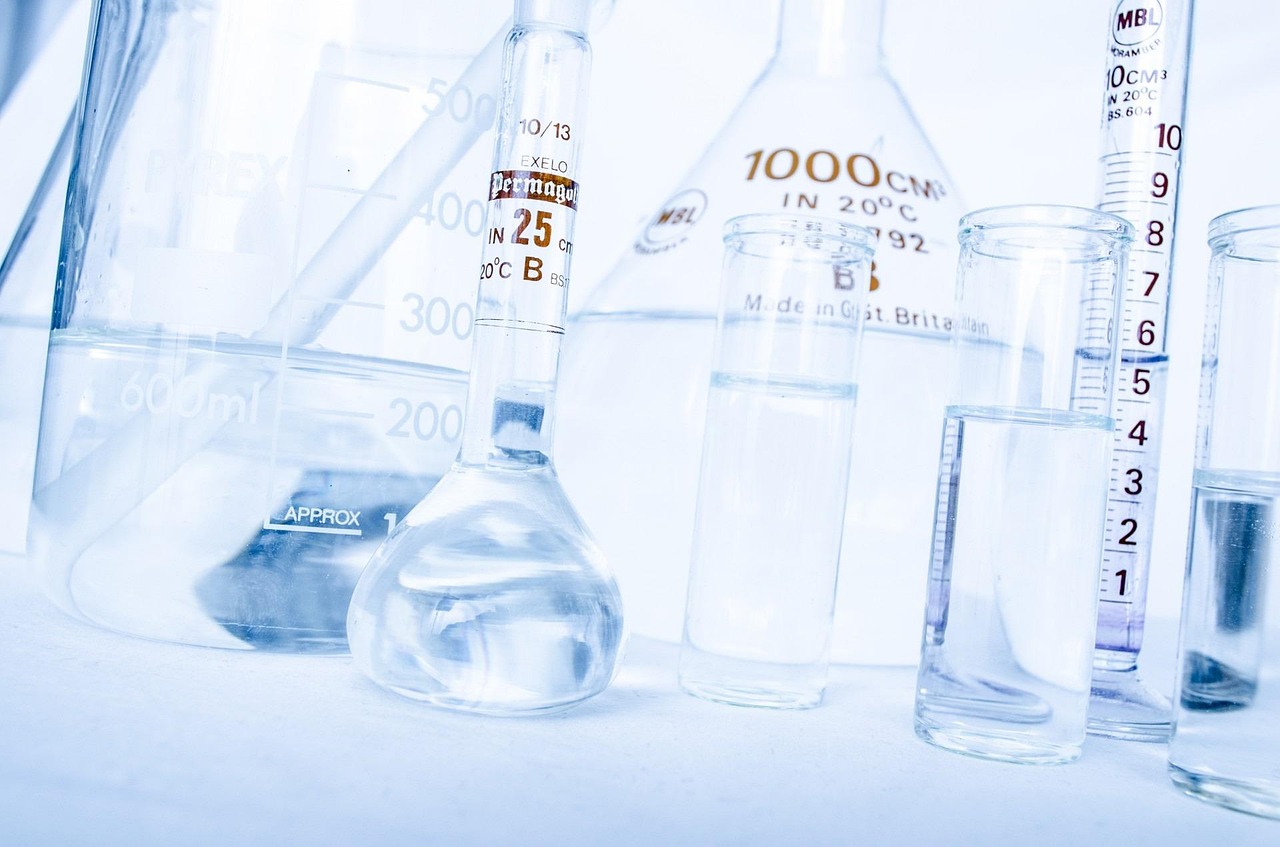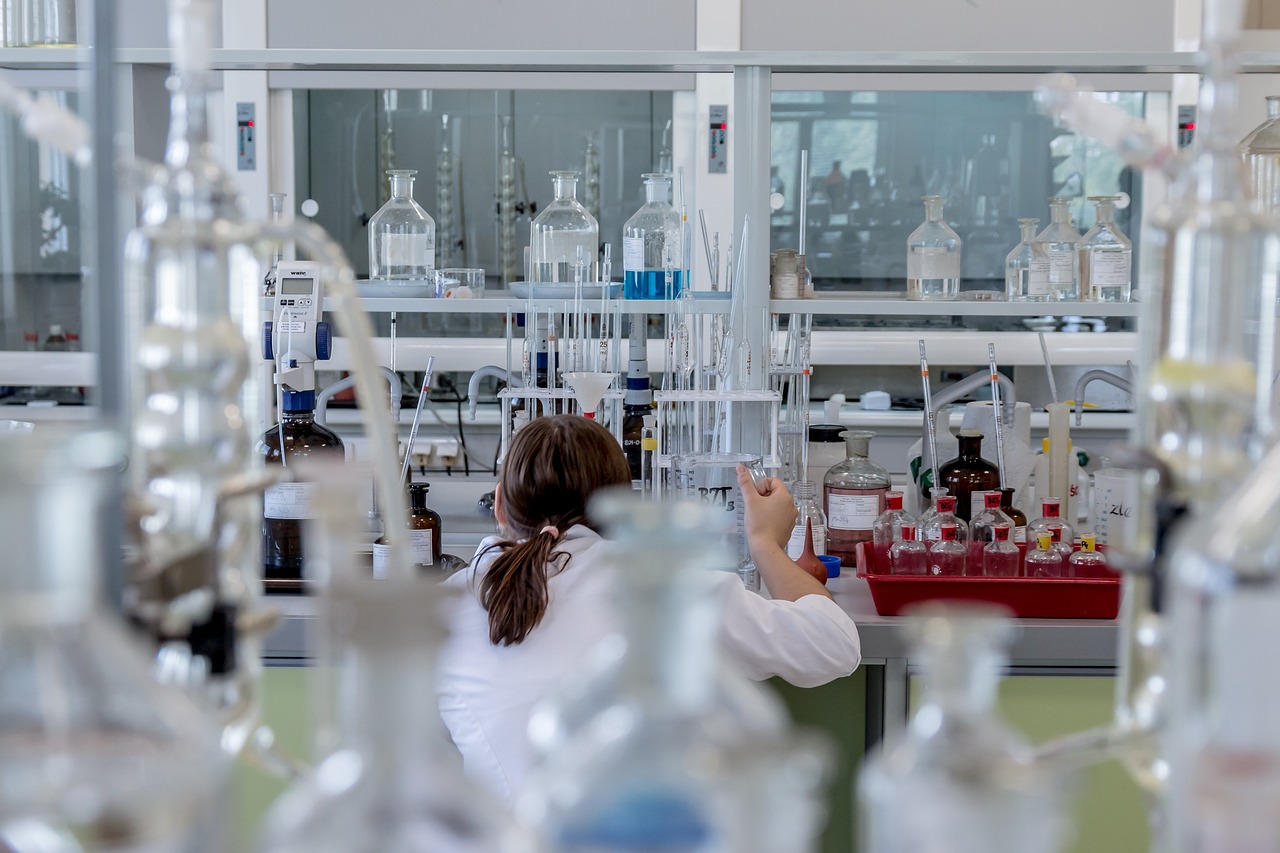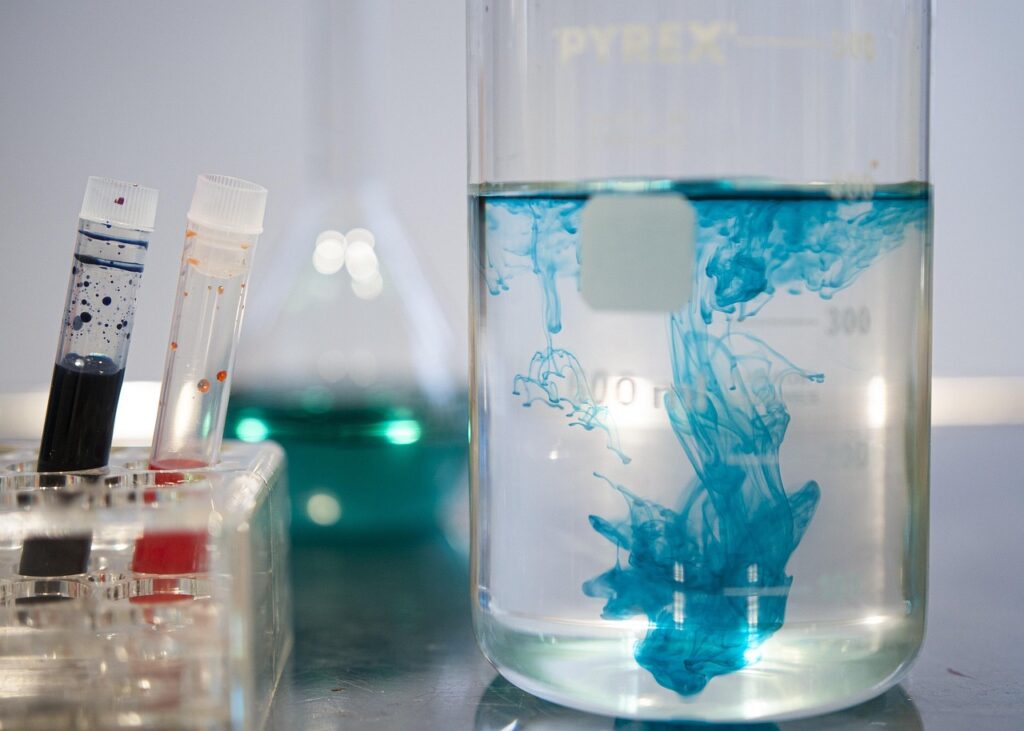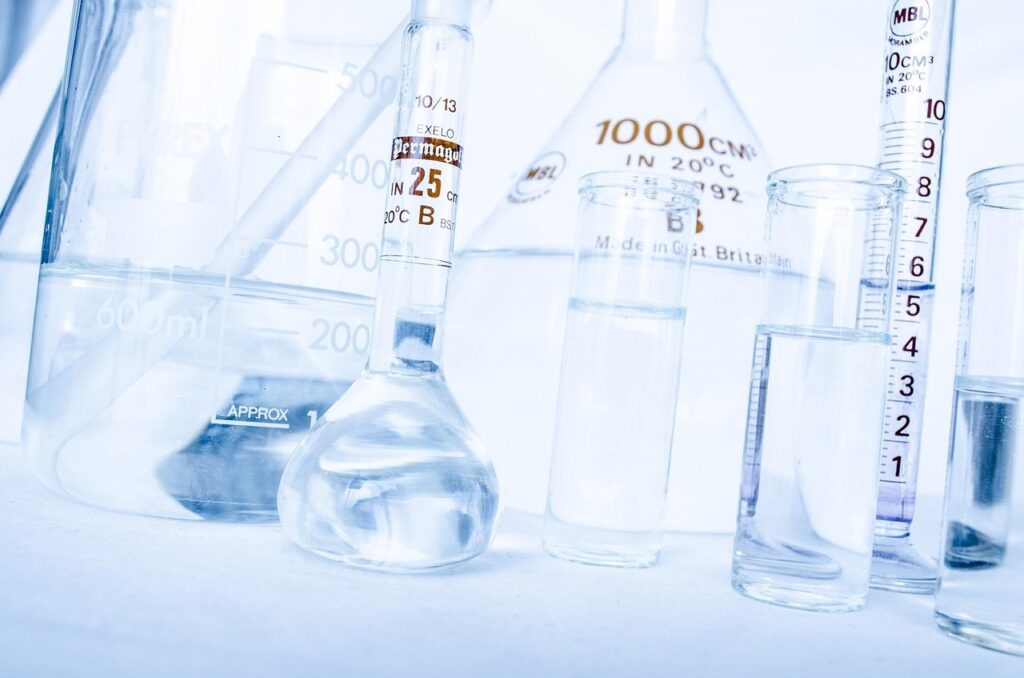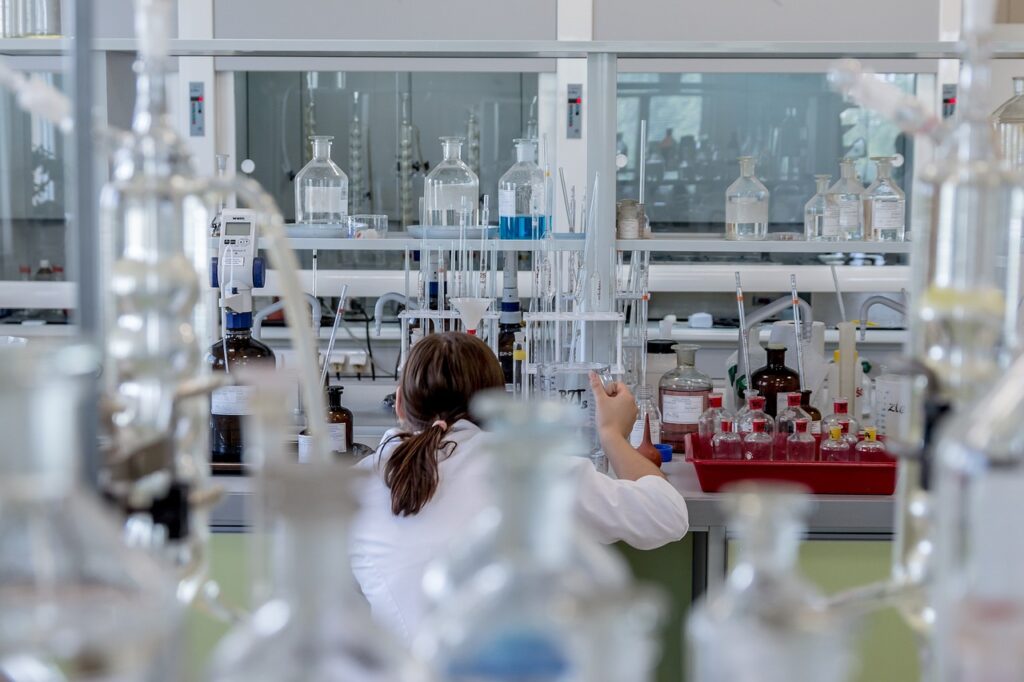Ensuring food safety has become a primary responsibility for both consumers and industry in today’s fast-paced and connected world. It gets harder to maintain high safety standards when food production processes get more complicated and supply chains span several geographical areas. The utilization of various raw materials, developing food technology, and the participation of multiple parties in production and distribution all contribute to this complexity.
Even a minor lapse in safety can lead to foodborne illnesses, financial losses, or reputational damage for businesses. As a result, ensuring the integrity and quality of food products has never been more critical.
This is where food sample testing comes into the picture as a key solution. It is a scientific process that involves analyzing food samples at different stages of production, processing, and distribution. By identifying potential risks and ensuring that food products meet regulatory standards, this testing serves as a safeguard against contamination and poor-quality products.
What is Food Sample Testing?
Food sample testing is the scientific examination of food items to detect impurities, guarantee quality, and confirm adherence to legal requirements. To identify risks like infections, pesticides, heavy metals, allergies, or other dangerous materials, testing may use chemical, microbiological, and physical analyses. The procedure aids in upholding food safety regulations and safeguarding the public’s health for producers, distributors, and regulatory bodies.
The Importance of Food Safety
Every year, millions of people suffer from illnesses brought on by contaminated food, which is a global concern. According to estimates from the World Health Organization (WHO), one in ten individuals worldwide are affected by foodborne illnesses each year, which can have serious repercussions for susceptible groups like elderly people, pregnant women, and children. Unsafe food can lead to financial losses, health hazards, and harm to a company’s brand.
The Role of Food Sample Testing in Food Safety
1.Detecting Contaminants: Chemical agents including pesticides, heavy metals, and additives, as well as microorganisms like bacteria, viruses, and fungi, can contaminate food products. Food poisoning, allergic responses, and chronic illnesses are just a few of the serious health concerns associated with contaminated food. By detecting these pollutants early on, food sample testing keeps dangerous items out of customers’ hands.
2. Ensuring Regulatory Compliance: Governments and food safety authorities worldwide enforce strict food safety regulations. For example, in India, the Food Safety and Standards Authority of India (FSSAI) mandates compliance with specific quality standards. Food testing labs in India play a crucial role in helping businesses meet these standards by conducting rigorous food sample testing.
3.Enhancing Consumer Confidence : Consumers expect the food they purchase to be safe and of high quality. Regular food sample testing assures consumers that the products they consume meet safety and quality standards. This trust is essential for building brand loyalty and maintaining a positive reputation in the market.
4.Preventing Foodborne Illnesses: Foodborne illnesses are often caused by pathogens like Salmonella, E. coli, and Listeria. Food sample testing identifies these microorganisms in raw materials, processing environments, and finished products. Early detection helps prevent outbreaks and protects public health.
5.Supporting Product Development: Food sample testing is also vital during product development. It ensures that new food products meet safety standards, are free from harmful substances, and maintain the desired nutritional profile. This testing is especially important for innovative or functional foods.
Key Parameters Tested in Food Sample Testing
Food sample testing typically evaluates several critical parameters, including:
- Microbiological Analysis: Detects bacteria, yeasts, molds, and other microorganisms that can cause food spoilage or illnesses.
- Chemical Analysis: Identifies contaminants such as pesticides, heavy metals, and toxins. It also verifies nutrient content, including proteins, vitamins, and minerals.
- Physical Analysis: Checks for foreign objects like glass, plastic, or metal fragments.
- Allergen Testing: Detects common allergens like peanuts, gluten, and dairy to prevent allergic reactions in sensitive individuals.
- Shelf-Life Testing: Determines how long a food product remains safe and maintains its quality under specified storage conditions.

How Food Testing Labs in India Ensure Safety
India has a robust network of food testing labs equipped with advanced technologies to analyze food samples. These labs adhere to strict protocols and guidelines set by FSSAI and other international bodies. Here’s how these labs contribute to food safety:
- Advanced Technologies: Food testing labs in India use cutting-edge technologies like chromatography, spectrometry, and PCR (Polymerase Chain Reaction) for accurate and reliable analysis.
- Expert Teams: These labs employ qualified food technologists, microbiologists, and chemists who ensure precise testing and analysis of food samples.
- Regulatory Support: Accredited food testing labs help businesses comply with FSSAI regulations, making it easier for manufacturers to meet legal and safety requirements.
- Customized Solutions: Many food testing labs offer tailored testing services to address the specific needs of different food products, such as dairy, meat, beverages, and packaged foods.
Challenges in Food Sample Testing
Despite its importance, food sample testing faces several challenges:
- Complex Supply Chains: Modern food supply chains involve multiple stakeholders, making it difficult to trace the source of contamination.
- Emerging Contaminants: New contaminants, such as antibiotic residues and microplastics, require advanced testing methods.
- Cost and Accessibility: Testing can be expensive, and smaller businesses may struggle to afford regular testing.
- Consumer Awareness: Many consumers are unaware of the importance of food sample testing and its role in ensuring food safety.
The Future of Food Sample Testing
As the food industry evolves, food sample testing will become even more critical. Emerging technologies like artificial intelligence (AI), blockchain, and IoT (Internet of Things) are expected to revolutionize food testing processes. For instance:
- AI-Powered Testing: AI can analyze vast amounts of data quickly, identifying patterns and potential risks in food samples.
- Blockchain for Traceability: Blockchain technology ensures complete transparency in the supply chain, enabling faster identification of contaminated food.
- IoT Sensors: IoT-enabled devices monitor storage and transportation conditions in real-time, reducing the risk of contamination.
Conclusion
Food sample testing is an indispensable tool for ensuring food safety. By identifying contaminants, verifying compliance, and enhancing consumer trust, it protects public health and supports the food industry’s growth. With advancements in technology and the dedication of food testing labs in India, the future of food safety looks promising. Businesses, consumers, and regulators must work together to prioritize food sample testing, ensuring that every bite we take is safe and nutritious.

